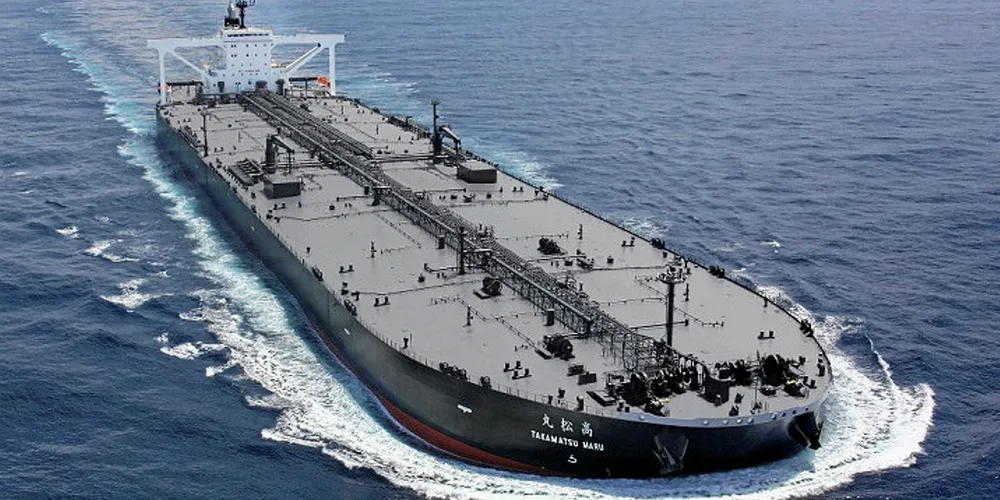Energy transition could hit shipping sector as fossil cargoes shrink
Consultancy MSI calculates price of largest class of tanker trading today would fall by 29% by 2030

Consultancy MSI calculates price of largest class of tanker trading today would fall by 29% by 2030
